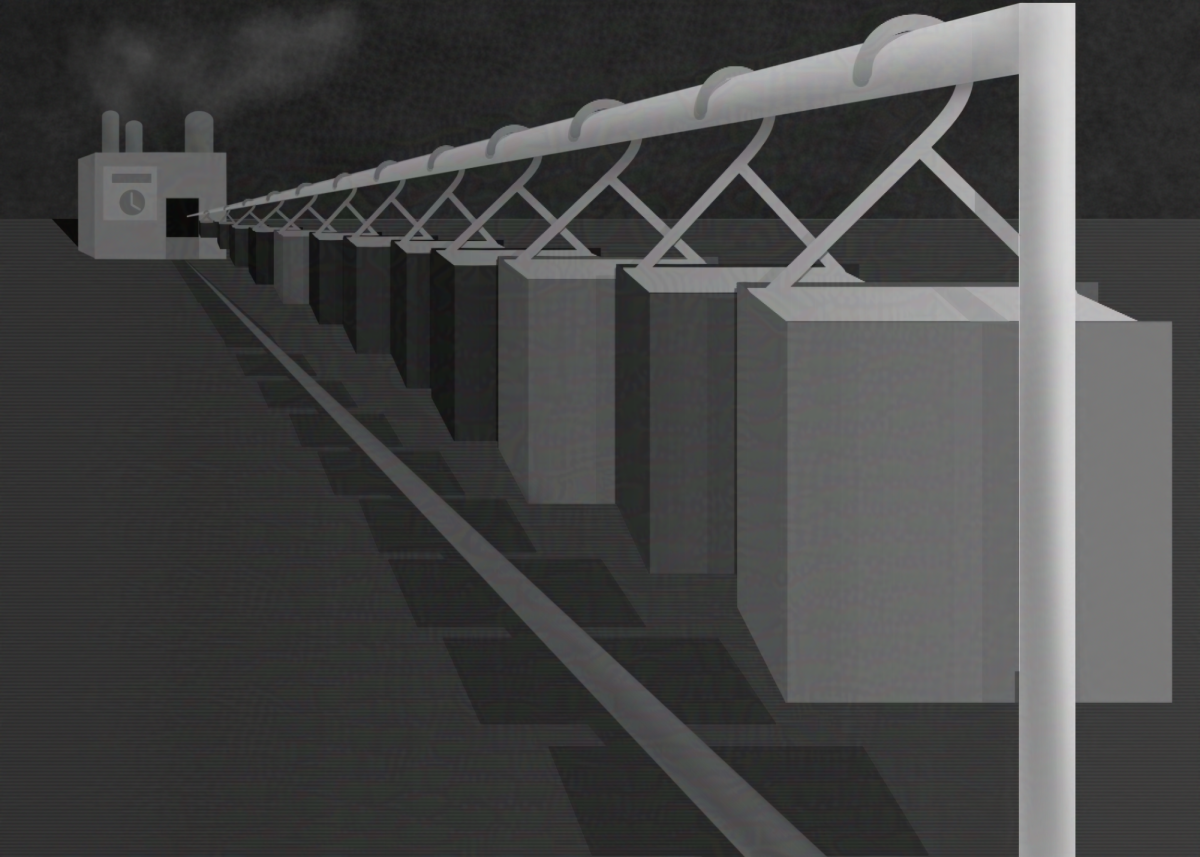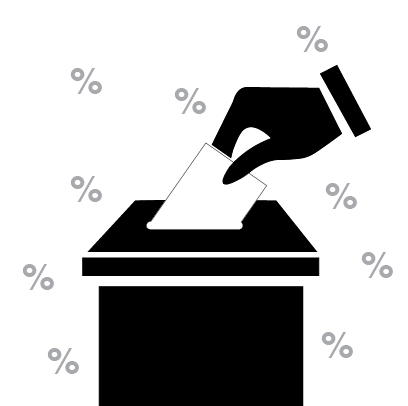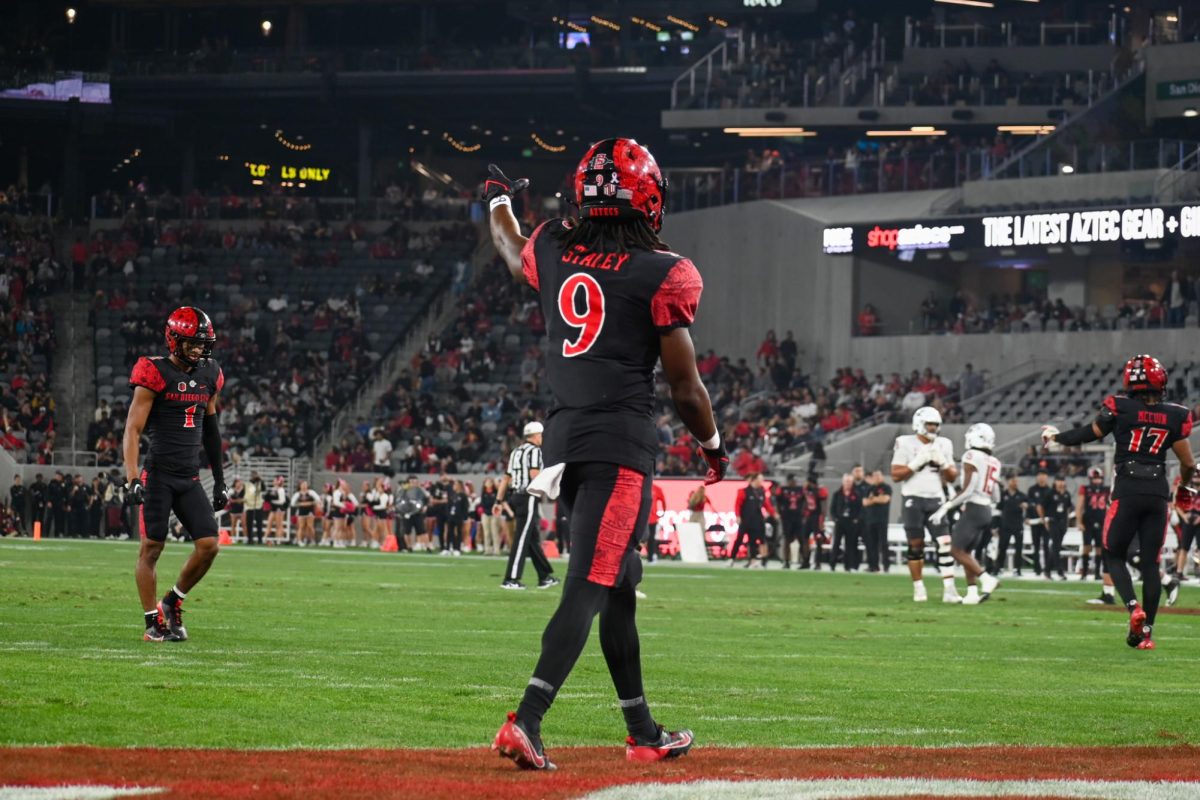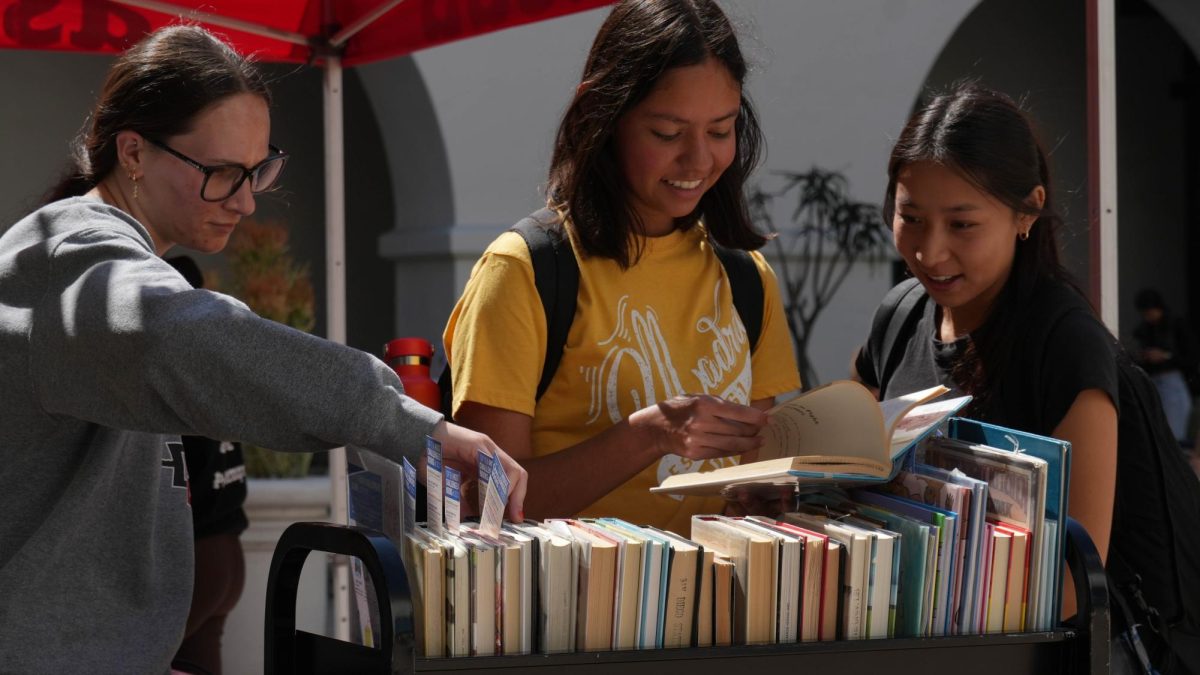The Daily Aztec sat with Jonathan Graubart, who is Director of the International Security and Conflict Resolution Program; Chair of the Fred J. Hansen Institute for Peace Studies; Director of the Charles Hostler Institute on World Affairs, to discuss the divestment campaign, and it’s role on San Diego State campus.
What is your position on divestment?
In general, since I support citizen activism and citizen engagement, divestment is consistent with these values. The thing about divestment issue, dealing with Israel and Palestine, is there is an issue of: what is it you’re protesting and what do you want to happen? There’s certainly been an internal political struggle among those who want to change U.S. policy on what the proper tactics. Why types of divestments do you propose, and what you’re calling for. The idea, however, which I think is necessary, given that the political structure in the US.. does not lend itself to reflecting popular will on Israel and Palestine. I believe citizen activism is needed.
What is something you wish the student body knew more about the conflict?
To me, what is most crucial is looking at how the UN has treated Israel and Palestine over the years and what international law has to say about issues like the occupation and self-determination. So to put it in a broader perspective, rather than label it as a “anti-Israel” or “pro-Palestine” issue. It’s crucial to think about it generally in terms of international law, and international public policy issues.
Do you believe divestment achieves justice for Palestinians?
Divestment is not unique to the United States to this issue, there have been different kinds of divestment campaigns across the globe. It’s been far more developed, far more advanced in Europe. The most successful divestment has been linked to UN resolutions and those have to deal with a two-state solution based on the 1967 borders, in which Israel withdraws from all of the West-Bank and the Gaza Strip and there’s an independent Palestinian state. So those are the most successful type of divestments. In the U.S., there has been some problems defining what the focus is and sometimes the divestment movements have had problems linking it to broader UN developments.
Is a two-state solution realistic?
Nothing looks hopeful at this point, but in terms of what to aspire to, there is an overwhelming global consensus where you look at statements from not just countries, but major civil society organizations like big labor federations. Very consistent, and this is globally and the idea is that the “two-state” would be based on the 1967 borders, so in that sense, there is a lot of hope. I think the main obstacle in achieving this has been Israel has rejected that type of consensus based on the 1967 borders, and the United States has not gone along with overwhelming global consensus, including overwhelming Europe support. So I’d say that the biggest obstacle are the United States and Israel.
What is your advice to student activists when it comes to divestment?
Two big things are: 1) Accept the fact that people see it very differently without assuming the other person is evil. 2) As much as possible, try to be committed to a higher level of discussion. I’m encouraging that, in my role as ISCOR director, to have an informational forum session, where it’s not a nasty debate about who is the greater terrorist … What are the issues? What are the big arguments for? What are they against? It’s important to interrogate both sides and to allow students to think about it. Because, however it comes out, it’s an important public policy issue. That’s my hope, is that this divestment issue will encourage students to think more intensely and in a more sophisticated way. The university setting is important to get students to learn how to think more thoughtfully about these issues.
Do you believe that SDSU students have a role as global citizens in making a decision about this conflict?
It’s interesting. My brother is a rabbi. We come out very differently on this divestment issue, I support it, he opposes it. However, we both agree that, sure, at the end it doesn’t really matter if SDSU votes for it or votes against it. There are lot more factors at stake and a lot more causes driving U.S. foreign policy. It makes sense for students to be talking about these issues. When students take classes, the classes themselves don’t affect foreign policy. However, I believe it’s forming these good citizenship skills. So, that what I hope the divestment campaign will do and for that reason, any of these issues, any important public policy issues are important discussions to have. It would be a waste for divestment to just be about assuming the other side to be evil.









